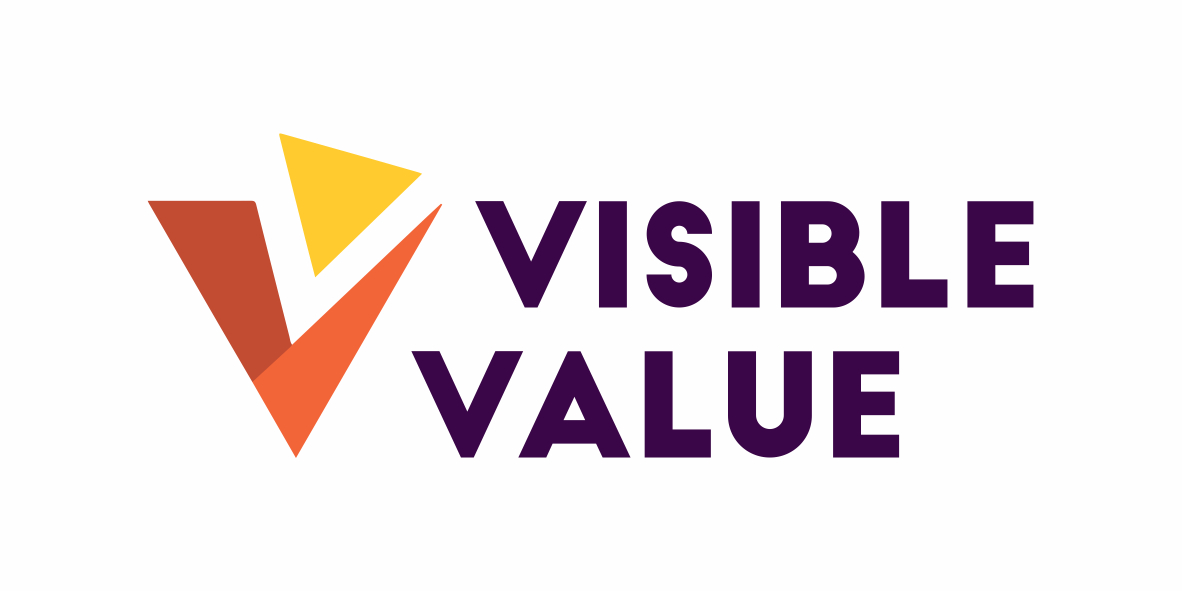Country Snapshots: Recognition of Youth Work
This section of the Visible Value aims to provide a quick overview of the state of the affairs about the recognition of youth work in the countries covered by EU-CoE Youth Partnership. In total it covers 53 country profiles (including 3 profiles for Belgium and 4 profiles for the UK).
The content in this section is based on several sources, including:
- Country reports on youth work collected by EKCYP correspondents: https://pjp-eu.coe.int/en/web/youth-partnership/country-information-youth-work
- EU Youth Wiki - an online platform presenting information on European countries' youth policies: https://national-policies.eacea.ec.europa.eu/youthwiki
- Forthcoming national contributions of the Non-programme countries to EU Youth Wiki
- An additional survey done by the editors of the Visible Value in 2021
The sources of information are indicated at the end of each profile.

“youth work is an organised and target-oriented form of youth action and is for the youth, within which the youth, based on their own efforts, contribute to their own inclusion in society, strengthen their competences and contribute to the development of the community. The implementation of various forms of youth work is based on the volunteer participation of the youth regardless of their interest, cultural, principle or political orientation”.
Prior to the adoption of the Act, Slovenia did not have any national legislation relating to youth work nor a central definition of youth work, which led to the proliferation of a range of definitions in existence across Slovenia with many youth organisations often using their own definitions. Nowadays, main actors agree that the Public Interest in the Youth Sector Act is their legal basis.
In Slovenia, youth worker status applies to any person. Youth workers in Slovenia can be paid employees or can be involved in youth activities on a voluntary basis. Involvement can be full-time or part-time among both paid employees and volunteers, also involving a rich variety of people. Evidence suggests that the majority of youth workers are trained via other professions: a research study from 2006 found that among the 263 people interviewed, 76 different occupations were reported.
Since 2008, the Catalogue of functions, jobs and titles specifies five roles (the data is valid from 8 December 2018) for those working in public sector (e.g. in publically funded youth centres):
- Youth worker II
- Youth worker I
- Youth programmes coordinator
- Head of youth programmes
- Specialist for youth work
There is no formal education for a youth worker in Slovenia. There are also no accredited courses in youth work in Slovenia, but the Faculty of social work (University of Ljubljana) provides a course on methods of youth work that is part of the social work studies.
In Slovenia, an individual can acquire National Vocational Qualification of Youth worker. Since it was not possible to obtain a publicly valid education for performing youth work profession, the Office of the Republic of Slovenia for Youth introduced an initiative to prepare the occupational standard and a Catalogue of standards of professional knowledge and skills for a youth worker, based on the Resolution on the National Programme for Youth. The proposal for the initiative was discussed and approved by the relevant sectoral committee for vocational standards in March 2015. Consequently, the Institute of the Republic of Slovenia for Vocational Education and Training (CPI) began the preparation of the proposal of the qualification standard. The qualification standard for a youth worker was adopted by the Expert Council of the Republic of Slovenia for Vocational Education and Training in December 2016. At that point, the youth worker has become a profession. The aim is to make this qualification a formally recognised qualification, gained as follows:
- Completion of programme for vocational or professional education
- Verification and validation of national vocational qualification.
The profession of a youth worker can be obtained through the National Occupational Qualification System, which means that the candidate draws up a compilation of a portfolio (e.g. certificates, supporting documents, reference letters, products, recognition documents …) with his/her past experience and defends it in front of the committee. If the candidate fails to prove all the competences from the occupational standard with the portfolio, he/she needs to pass the exam.
There is no specific analysis done on the competences that individuals can obtain on trainings, but there are examples of good practice for recording knowledge and skills gained through youth work, such as:
- System of recording non-formally acquired knowledge by the Nefiks Institute;
- Learning badges (Učne značke) – utilization of open digital badges to value and recognize learning during non-formal learning activities;
- My experiences (Moje izkušnje)– a tool for validation and recognition of working experience, gained by student work.
These tools are being developed in different contexts (international learning mobility, increasing employability, etc.) and different channels (youth work, volunteer, student work, full-time employment). Most of them were created with the active assistance of the Office for Youth Office. Youthpass and Europass are also widely used by young people and youth workers to record their skills and knowledge.
The profession of a youth worker can be obtained through the National Occupational Qualification System, which means that the candidate draws up a compilation of a portfolio (e.g. certificates, supporting documents, reference letters, products, recognition documents …) with his/her past experience.
Extracurricular activities, organized by universities, other higher education institutions or other organisations and recognized by higher education institutions as relevant for the acquisition of a variety of competences, may be recorded by the institutions in the diploma supplement, thereby enabling the review of all institutionally supported individual activities in a transparent manner (see the Resolution on National programme of higher education 2011–2020).
(From the Youth Wiki)

